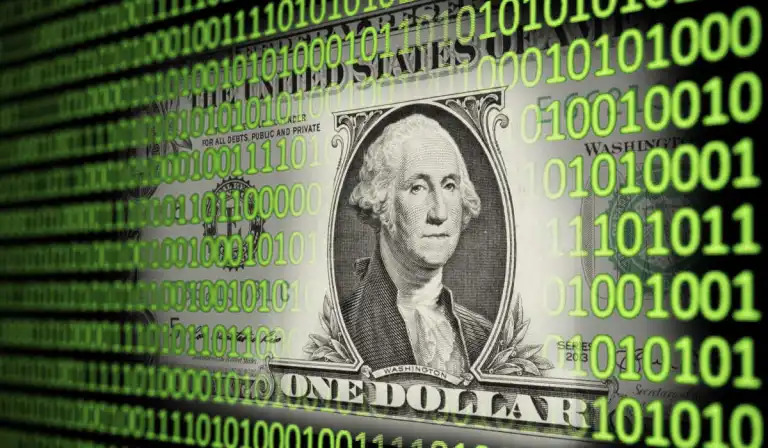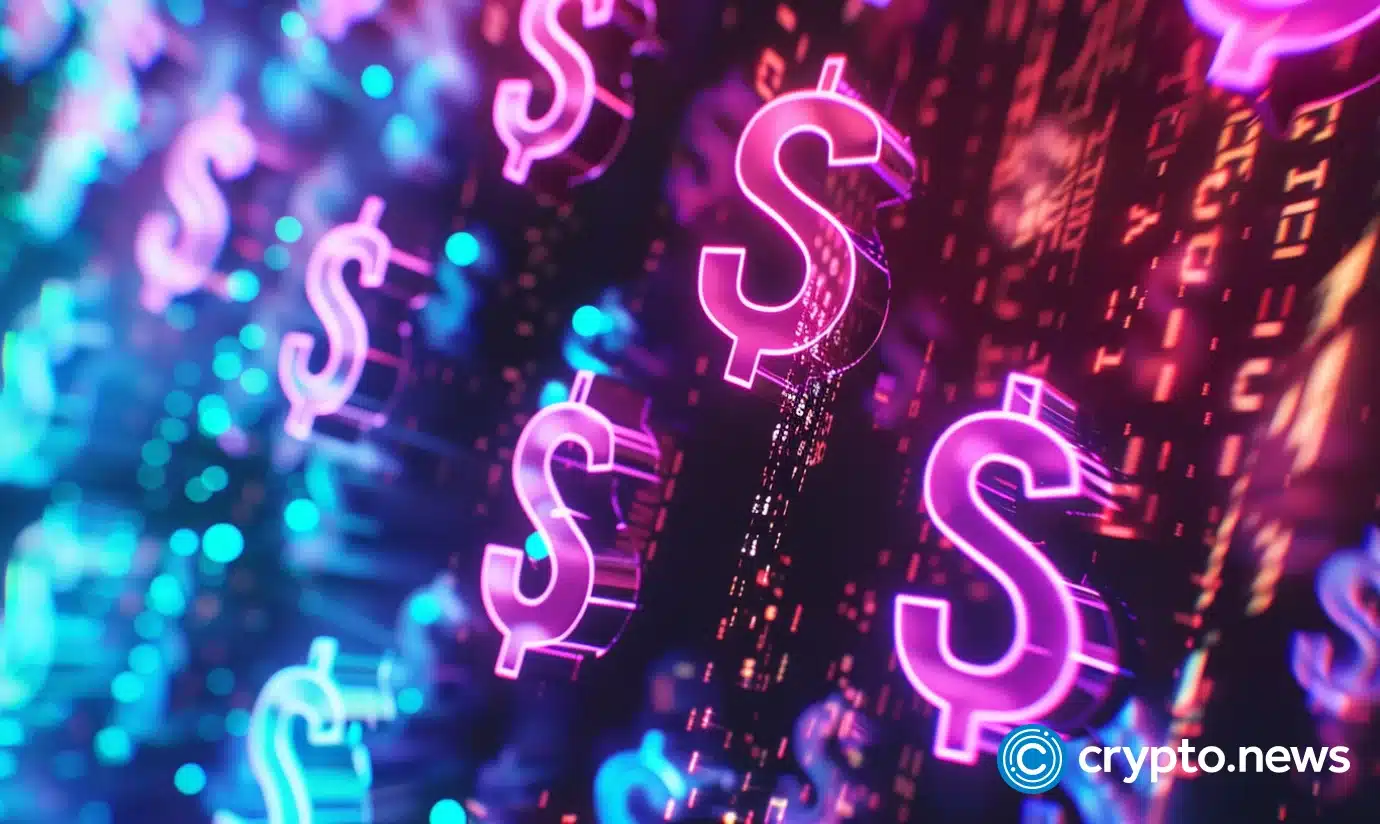
In his farewell address, President Joe Biden cautioned against the growing power of tech leaders, warning of a “tech industrial complex” threatening democracy. He criticized misinformation on social media and the rollback of fact-checking, calling it an “avalanche of lies for power and profit.”
Biden’s concerns likely target figures like Elon Musk and Mark Zuckerberg, highlighting the dangers of concentrated wealth and influence. The warning comes as these tech CEOs prepare to attend President-elect Trump’s inauguration, signaling their increasing political sway.
How Tech Controls Governments and Society?
- Lobbying Power
Top tech firms spend billions influencing policies on privacy, antitrust, and AI. Amazon and Alphabet alone spent over $20M each in lobbying in 2024. - Control of Data Centers
With governments reliant on cloud services from AWS, Google, and Microsoft, tech companies gain leverage in critical infrastructure and cybersecurity. - Acquiring Competitors
Tech giants eliminate rivals and dominate markets by acquiring startups, as seen with Microsoft’s Activision deal and Amazon’s iRobot purchase. - Shaping Public Opinion
Social media platforms control news algorithms, influencing elections and suppressing dissent. Meta’s rollback of fact-checking highlights this risk. - Political Influence
CEOs like Elon Musk and Jeff Bezos fund campaigns and align with leaders to secure favorable policies, deepening their political ties. - AI Domination
From job automation to predictive policing, tech companies control AI tools shaping societal structures, raising ethical and privacy concerns. - Weakening Regulations
Tech lobbying delays antitrust and privacy laws, leaving consumers vulnerable and regulators struggling to keep up. - Economic Leverage
Tech’s dominance in national economies makes governments hesitant to regulate, fearing job losses and market instability.
Unchecked, this influence threatens democracy and competition, underscoring the need for stricter accountability.








